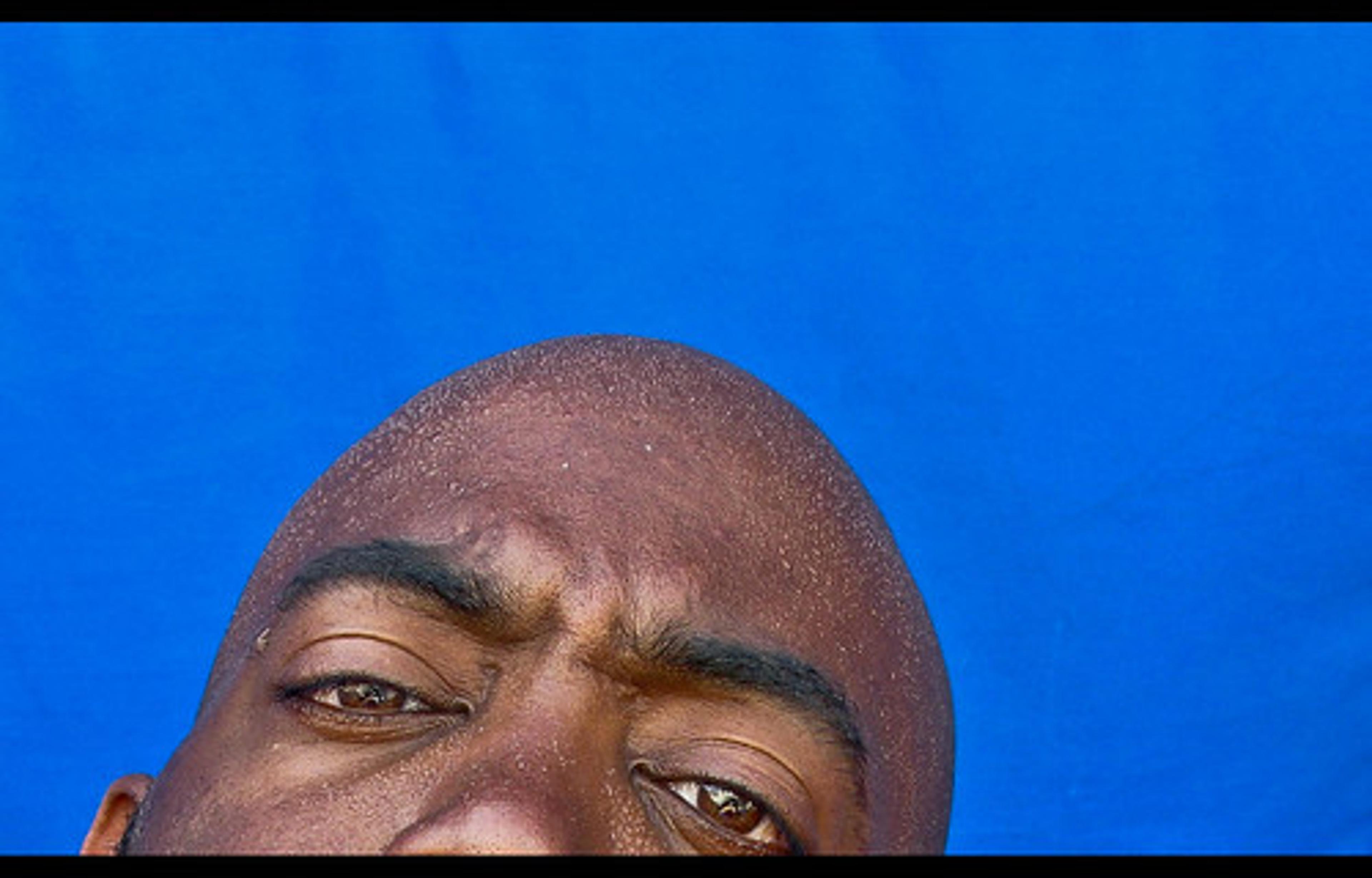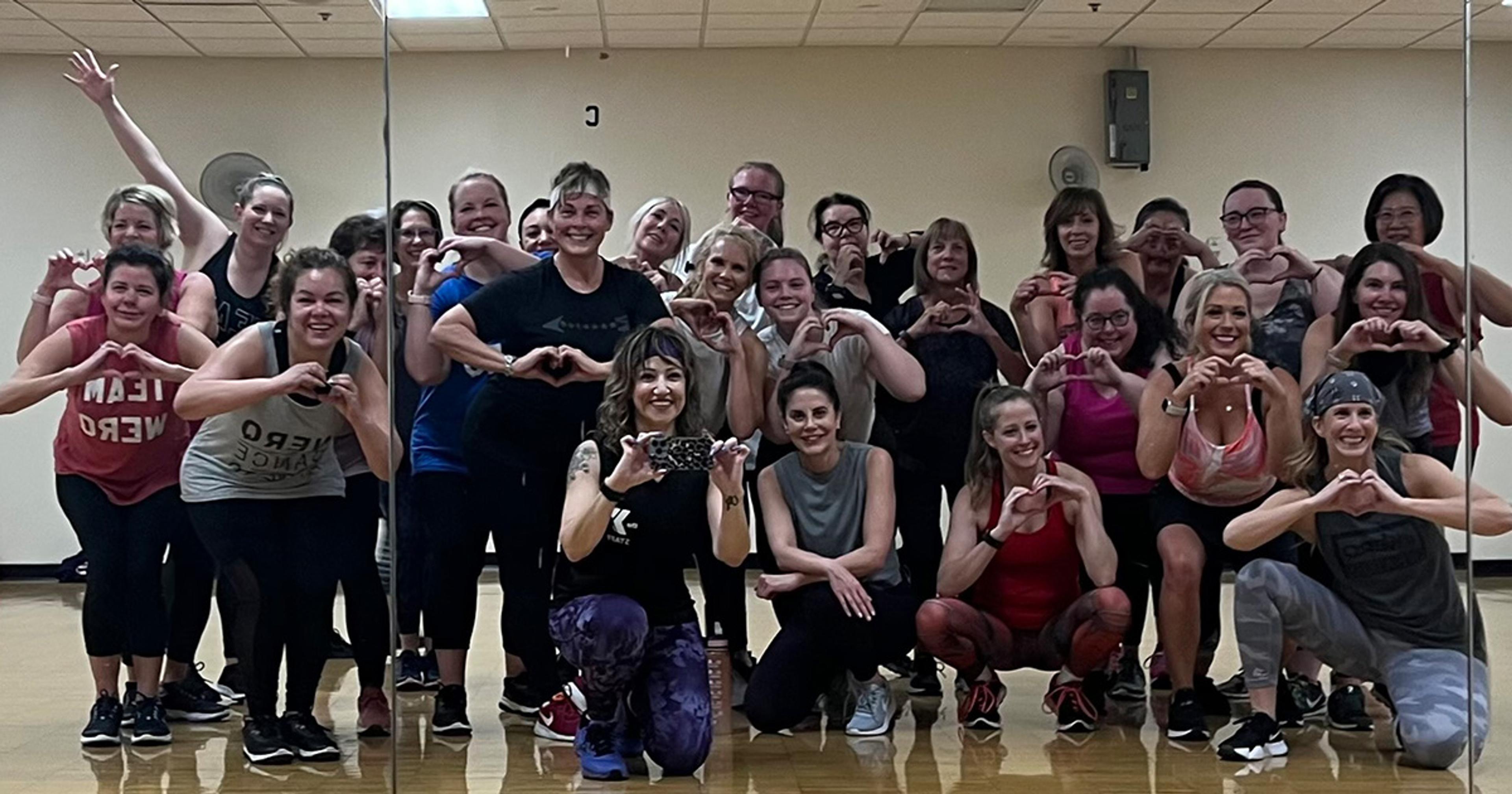#WellnessWeds: How much sweat is too much sweat?

David Lingholm
| 2 min read

Sweating is one of those necessary evils in life. For most people, sweating is an efficient way for the body to keep cool during a workout, while eating spicy foods or on a blazing hot Michigan summer day. It is a necessary function of the body to stay healthy.
For some people, big stains on their shirts or having to dry their hands of sweat before shaking hands with someone is a real and embarrassing problem. Excessive perspiration inhibits the quality of life for many people
So how do you know how much sweat is too much?
The answer to that question is not straight forward. Everyone has different sweat needs, so it depends on when heavy perspiration begins to affect your quality of life. While it is perfectly normal to sweat during physical activity, perspiring while you are at rest is not. And if you sweat more from one specific body part, like your feet or your hands, it could be a sign of hyperhidrosis.
Hyperhidrosis is something that normally begins to manifest itself during childhood or early teens. Researchers have not been able to pin down an exact cause for the condition, although it can be triggered in adults by certain other medical conditions, like:
- Menopause
- Pregnancy
- Thyroid problems
- Diabetes
- Alcoholism
- Infectious diseases like tuberculosis
- Parkinson’s disease
- Rheumatoid arthritis
- Stroke
- Heart failure
- Cancers like leukemia and lymphoma
While there is no physical harm caused by hyperhidrosis itself, the social stigma faced by people who sweat excessively can be unbearable. For them, there are several options that are available when they go to their doctor for treatment ranging from prescription strength antiperspirants to surgery to remove sweat glands.
The bottom line with sweat; if you have to wring out your undershirt after sitting at your desk reading blog posts instead of working, you should probably check with your doctor to make sure you don’t have an underlying medical condition. At least they can help you avoid an embarrassing social situation or two.
Photo credit Vox Efx





